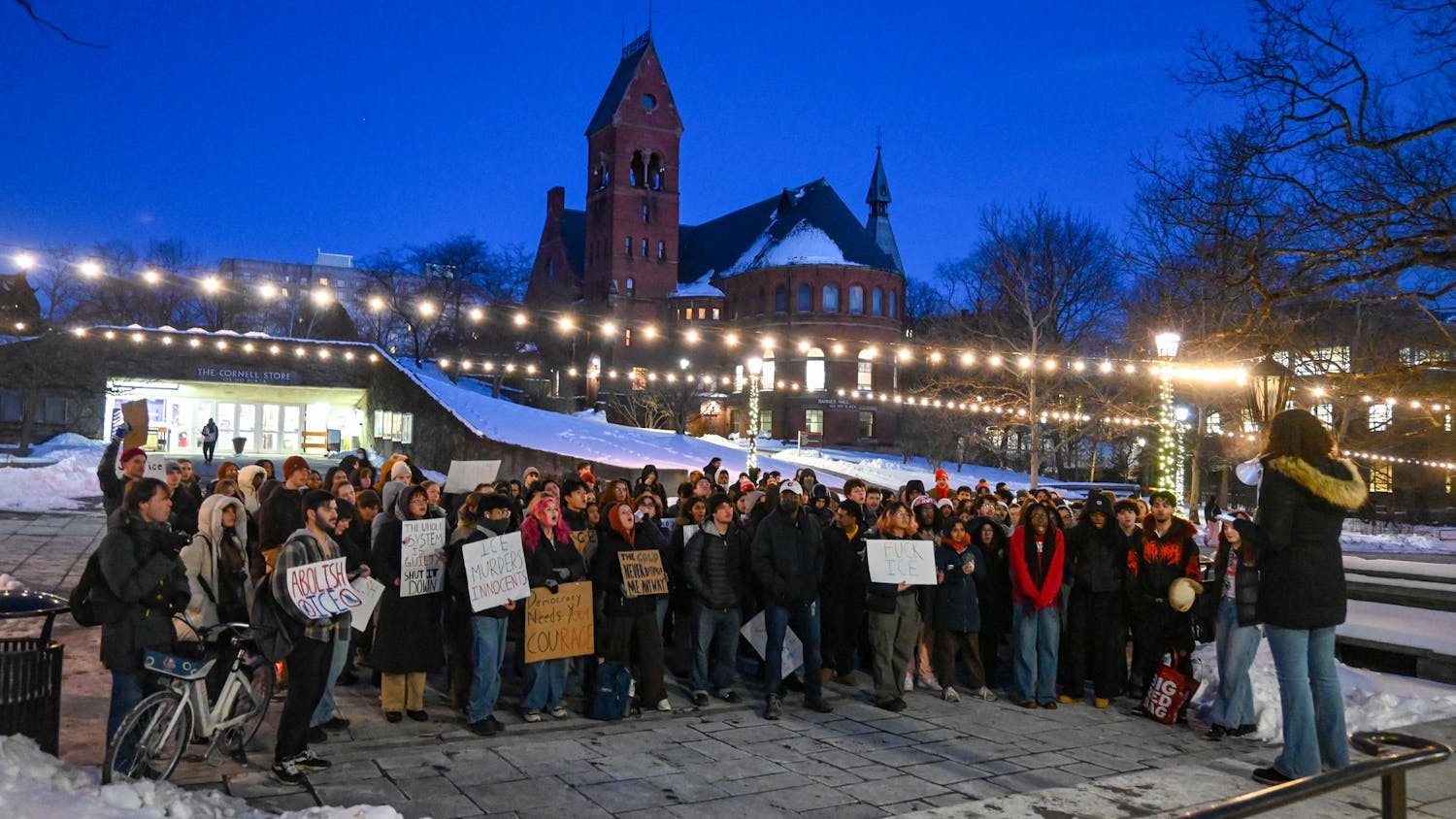While applying to several business and finance organizations on campus his freshman year, Cheick Camara ’22 observed that not one member in these organizations was Black.
Camara failed to make the final cut for all of these organizations, prompting him to wonder, “Did I get cut because of factors that I couldn’t control or was it just because of my skill?” But during his sophomore year, Camara saw different results: he made it into a finance club where he connected with the one Black student in the entire organization.
For years, underrepresentation has deterred students of color from applying to Cornell’s selective business and finance organizations.
“At Cornell, it seems as if Black students aren’t as interested in finance because they don’t apply,” Camara said. “Yet, they aren’t applying because they don’t feel safe in these spaces.”
But underrepresentation is not the only problem that business and finance organizations on campus face.
Moriah Adeghe ’21 experienced discrimination when participating in the first round of interviews for a business club on campus. The group case study went smoothly for Adeghe, until she made it to her individual interview, where she said that the organization’s current members openly laughed at her, while looking at their computers and typing. Adeghe felt as if the members were talking about her in a group chat.
“The whole experience was humiliating ... I was embarrassed and felt incredibly disrespected by the members of the group,” she said. “I feel that if I were a white man, I wouldn’t have been treated that way. Black women are often not met with the respect that they deserve and this interview was a prime example of that.”
Nepotism within an organization is one possible culprit for the self-perpetuating lack of diversity within business organizations. Camara said that the system is fundamentally flawed because “the people in charge of the decision-making process are likely to just bring on their friends from their same social fraternities or groups.”
“So off the bat, these friends have similar mentalities as them and come from similar backgrounds,” he said.
Yasmin Watt ’22 also attributed the persisting issue to a lack of access. “A lot of underrepresented minorities don’t have access to the resources and the network necessary to give themselves a leg up in terms of the recruiting process within the various business organizations,” she said.
Dustin Liu ’19, who wrote an opinion piece for The Sun on the issues surrounding exclusive organizations in February 2019, said that the power imbalance between current members and recruiting members also perpetuates a lack of diversity.
“Whenever folks are in power, they reaffirm structures to maintain that sense of power,” he said. “No one is going to speak against the system unless they’re self-assured that it’s going to be okay without that label [of being a member].”
This glaring issue is all too apparent to some leadership members of business and finance student organizations that have started to implement diversity and inclusion initiatives in recent years. Phi Gamma Nu is one such organization.
This fall semester, PGN created additional diversity initiatives, including removing the professional business attire requirement for recruitment and publishing resources, career guidance and diversity and inclusion goals on its website.
Fifteen Cornell business clubs also hold the Gold Tier Certification Program, which requires the organization’s leaders to submit their own diversity and inclusion goals and initiatives that meet the criteria set by the D&I Business Advisory Council.
Organizations often stick two words together when discussing these initiatives: diversity and inclusion. But to students like Camara, these efforts have often failed to make a real difference.
“A reason why some of these initiatives aren’t working is because the system is fundamentally flawed,” he said. “These initiatives sound amazing, but [the system] needs work internally first before [organizations] can actually start to claim these diversity initiatives.”
Camara said that “inclusion is the step further that many organizations — specifically at Cornell and in finance, more broadly — are not fully understanding.”
He said that there are major differences between diversity and inclusion: “Diversity is more about the physical appearance, whereas inclusion is more about the actual intangible experience that members have … Diversity is about having a seat at the table, while inclusion is about being invited and celebrated at the table.”
Olivia Natale ’20, who wrote her senior thesis on diversity within business fraternities at Cornell, found several concrete solutions to ameliorate the lack of diversity within these organizations on campus. She first suggested that organizations refine recruitment processes by developing ongoing relationships with minority student organizations or residence halls on campus.
Natale also advised fraternities to cultivate a sense of belonging by developing special mentorship programs, affinity networks or employee resource groups — identity-based community networks that can “help people from underrepresented backgrounds develop meaningful connections within business fraternities,” she said.
Adeghe suggested that business organizations implement organization-wide bias training and open discussions about race.
“I think selective organizations should have detailed plans on diversity and inclusion,” she said. “Not just recruiting people from diverse backgrounds but also implementing implicit bias training, having discussions on overt and covert racism and how to interact positively and productively with people of color.”
To mitigate the negative effects of nepotism on diversity, Camara suggested using a system of checks and balances, an approach he used to recruit new members of his organization, BlackGen Capital.
“When one of our friends’ names came up and we started to show bias, then other members of the executive board would check us and point out that another, unconnected candidate was stronger,” he said.
Camara urged current leaders in business and finance organizations on campus to be less passive and “make sure that people actually speak up about these injustices and biases that go on.”

‘They Don’t Feel Safe in These Spaces’: Students of Color Say Business and Finance Orgs Perpetuate Lack of Diversity
Reading time: about 6 minutes
Read More










